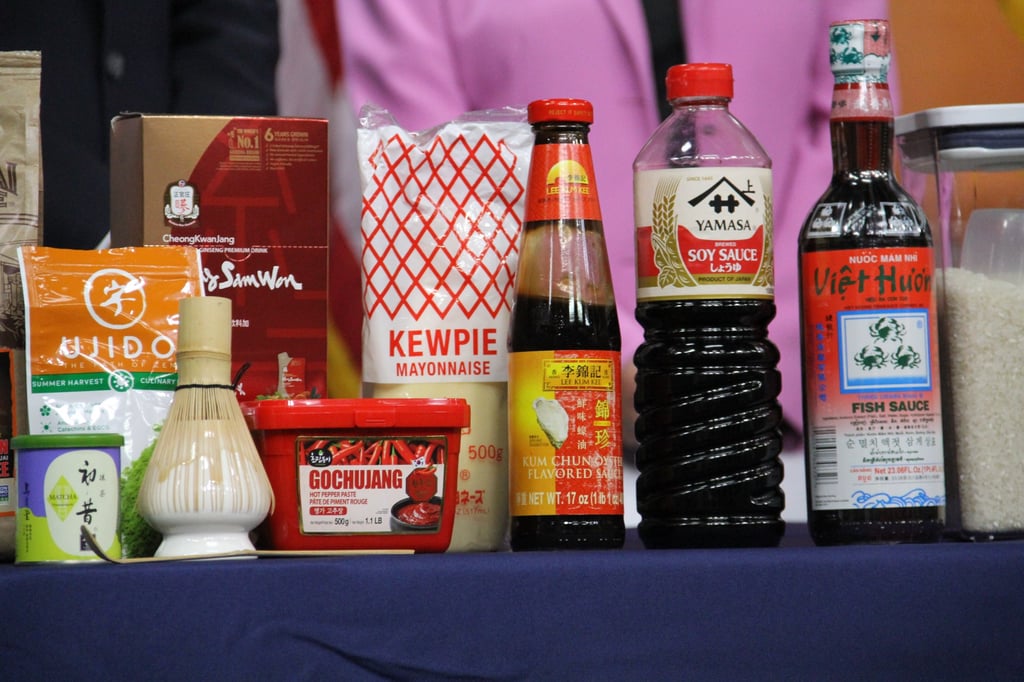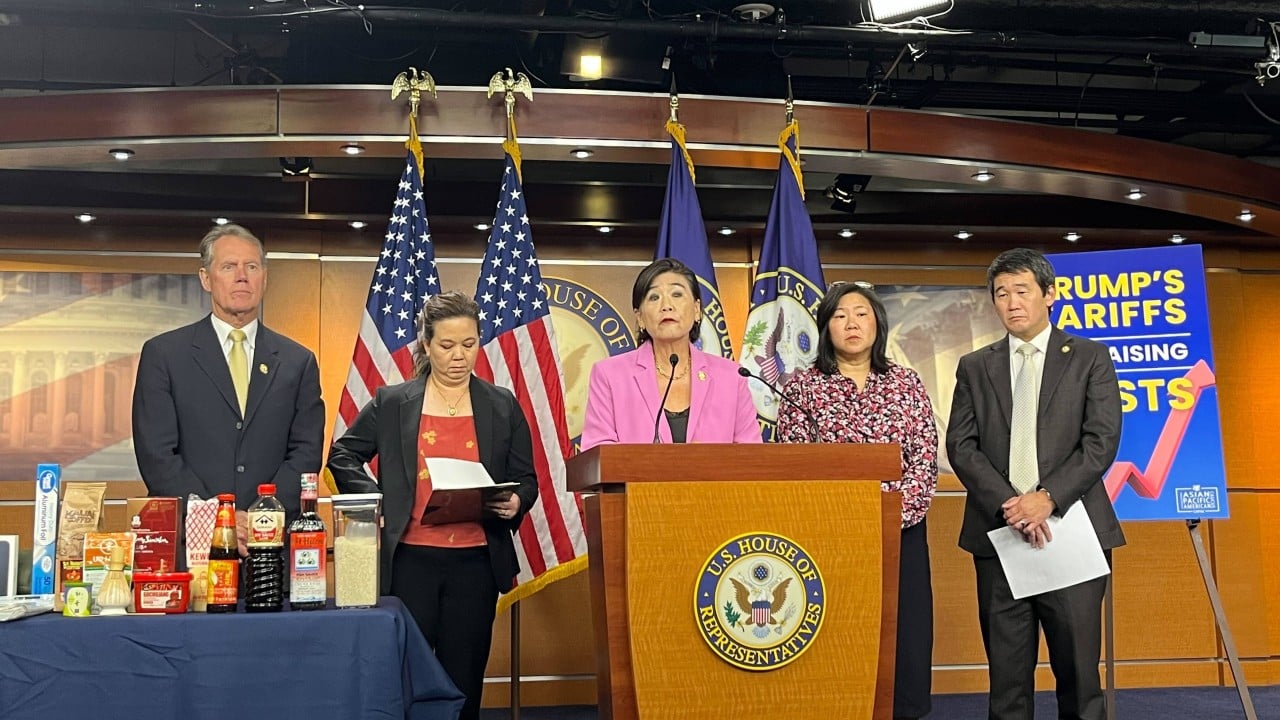Businesses owned by Asian-Americans are struggling with mounting costs as a result of US President Donald Trump’s tariffs, with some potentially being forced to shut down, a group of Democratic lawmakers warned on Thursday as they urged the administration to reverse the duties.
Advertisement
The warning, reflecting growing national discontent regarding Trump’s tariffs, coincided with a media briefing in front of the US Supreme Court where a group representing over a hundred small business owners pressed their case about the damages that the tariffs have inflicted on them.
“Asian-American businesses and communities are treated as collateral damage,” said congresswoman Grace Meng of New York, chair of the Congressional Asian Pacific American Caucus (CAPAC), at a Thursday event held in the US Capitol complex.
“Mom and pop stores are being forced to make an impossible choice: raise prices or close down for good,” she continued, citing a Chinatown restaurant in New York that has seen its spice and seasoning costs double.
Congresswoman Judy Chu of California, chair emerita of CAPAC, called the tariffs a “cruel betrayal” and said that they were causing “needless pain and uncertainty” for many in her district.

“One of my constituents runs a family business importing medicinal oil from Asia. After the president’s tariff announcement, their import costs skyrocketed overnight, from US$500 to US$13,000 for one single shipment,” she said, adding that they might have to close their doors and lay off workers.

